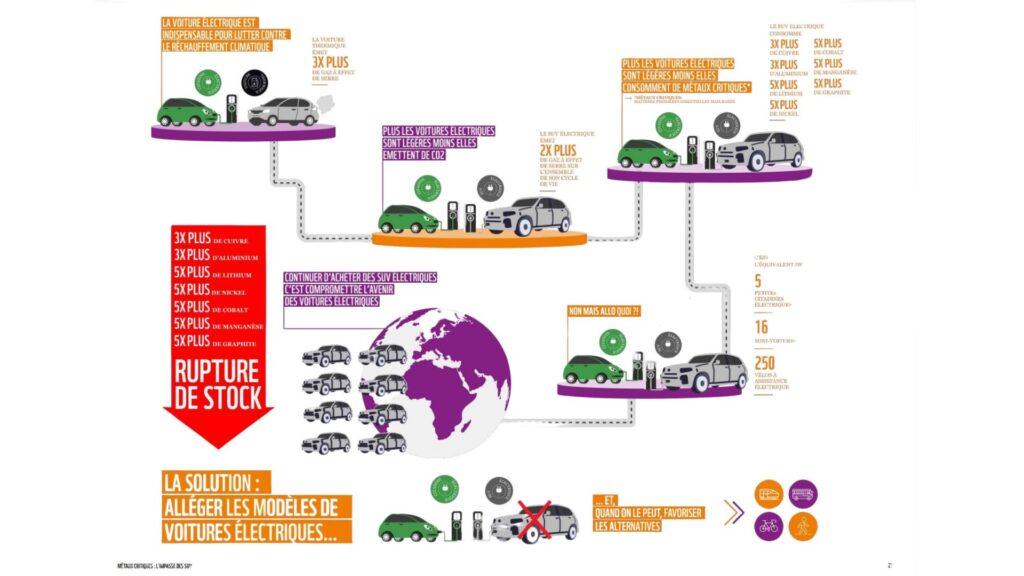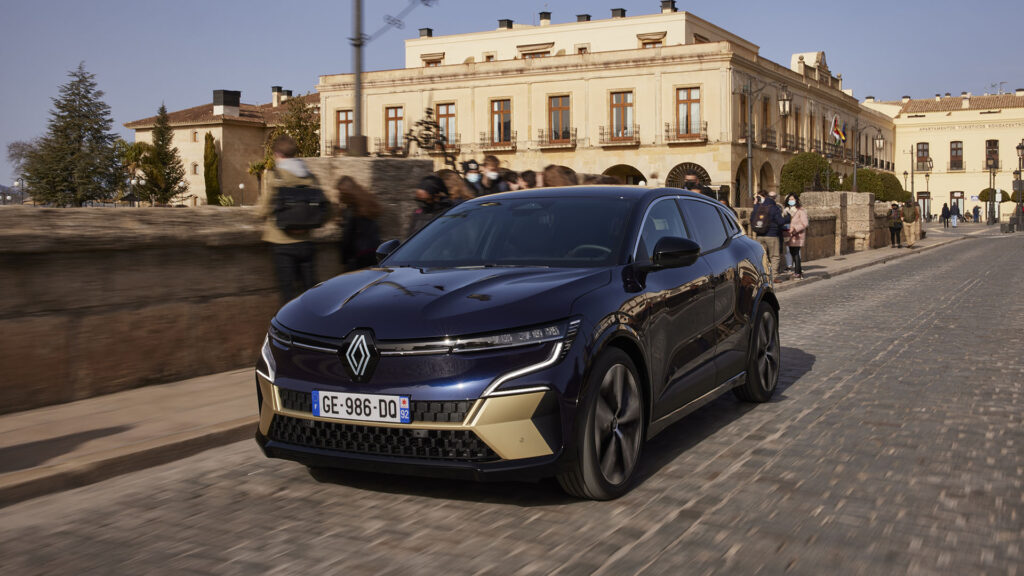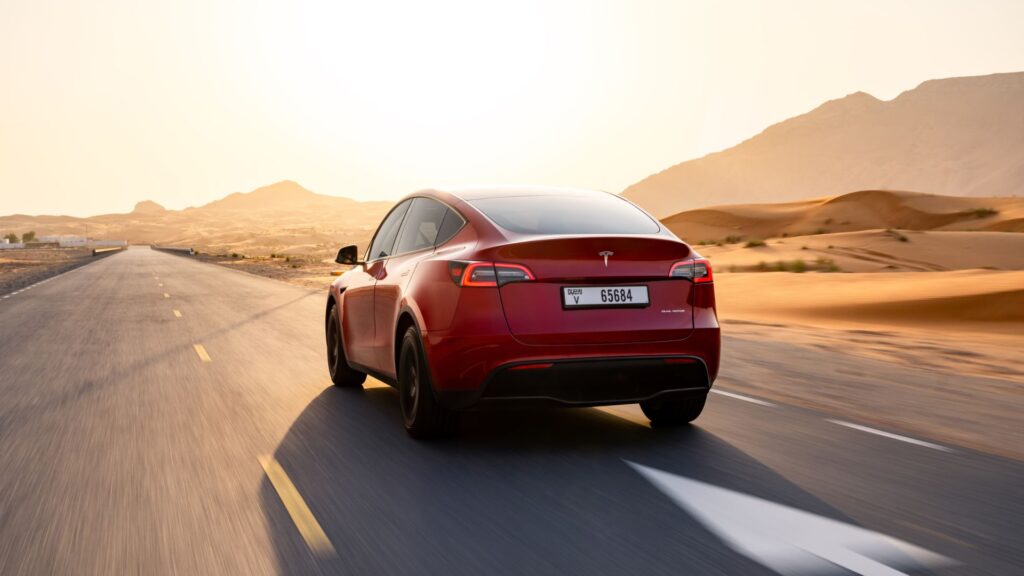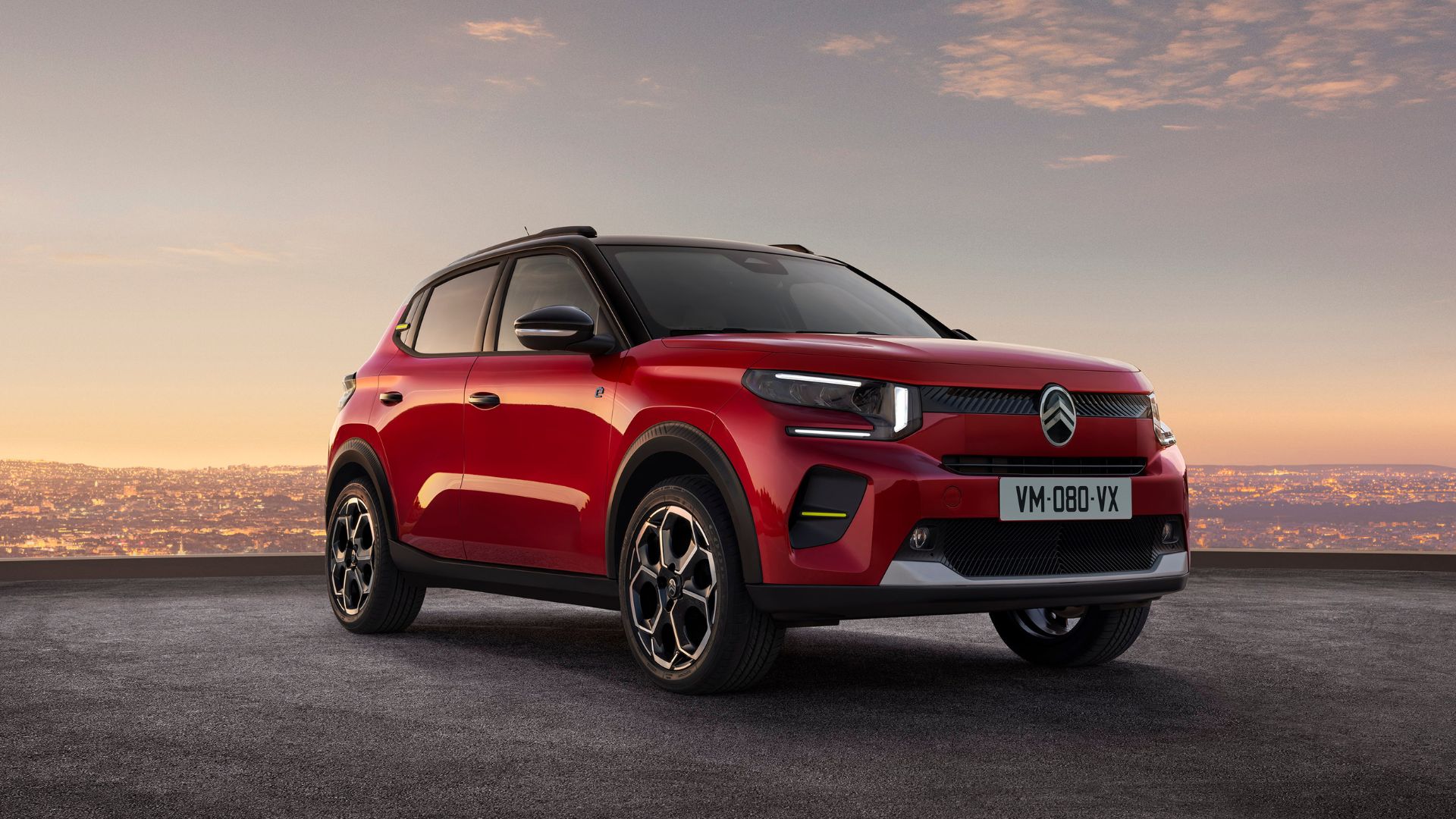WWF France wants the government to act to “de-SUVize” the automobile in favor of lighter and more compact cars. Lowering the weight of electric cars eligible for the bonus from 2.4 tonnes to 1.6 tonnes would be a strong measure in this direction.
To avoid finding yourself faced with a shortage of “critical metals”, which would slow down the adoption of electric cars, there is a solution: sobriety. In any case, this is the message that the WWF association wants to convey through a study published on November 9. To encourage buyers and manufacturers, the organization wants the government to change one of the rules for awarding the ecological bonus: lower the maximum weight of eligible vehicles to 1.6 tonnes.
The transition to electric cars is the perfect opportunity to promote lighter vehicles. However, the current trend tends rather the opposite. WWF regrets to see large SUVs with 100 kWh batteries multiplying on the roads, whereas with the battery of just one of these vehicles, it would be possible to produce between 3 to 5 electric cars of more reasonable dimensions.
Smaller batteries to limit the impact of future shortages
“ If we continue to make cars unnecessarily heavy, we could soon run out of critical metals to produce enough electric cars », declares Isabelle Autissier, honorary president of WWF France. It sounds the alarm about the strategic risks linked to the supply of certain crucial elements for the electric car. The WWF France study looked at the risks of shortages of lithium, nickel, cobalt and copper, taking into account the increase in demand between now and 2030.

The study imagined three scenarios: carelessness, intermediate and sobriety to establish its conclusions.
The “careless” scenario corresponds to inaction by the government to influence sales of large vehicles and to not rethink mobility uses. Small cars (segments A and B) continue to decline, replaced by higher-end vehicles. The share of SUVs then increases from 45% (today) to 65% in 2030. Here, this trend towards an increase in the size of vehicles is accompanied by a need for batteries of increasing sizes (+ 25%) to satisfy the demand for autonomy associated with the purchase of heavy vehicles. A situation which could lead to supply crises of the metals required for the manufacture of batteries.
In contrast, the sobriety scenario includes better multimodality of transport and an incentive to choose lighter and more economical vehicles. This hypothesis allows for a drop in sales of large vehicles (SUV and segment D, E and F) and leads to a drop in battery capacities of 30% compared to 2022.
“ More than ever, it is urgent to de-SUVize the French car, to increase the mobility solutions offered to French people as an alternative to the car and to instill a boost of sobriety everywhere », concludes the president of WWF France.


An unrealistic weight limit for electric cars
If the approach of the ecological organization takes an interesting direction, the weight limit put forward to award the bonus is a little exaggerated, which could discredit the proposed route.
The current ecological bonus cannot be awarded to electric vehicles weighing more than 2.4 tonnes. WWF France wants to invite the government to lower this limit to only 1.6 tonnes to limit the rise of ever larger electric vehicles.
The 800 kg less excludes many electric vehicles, starting with the best known like the Tesla Model 3 and Model Y. The list is far from limited to “premium” vehicles. A Renault Mégane e-tech with the 60 kWh battery also exceeds with 1,624 kg in running order. The same goes for the small Jeep Avenger (4 m long), the MG4 or the Hyundai Kona.


Rather than listing the electric vehicles to be excluded, it is quicker to list the vehicles that could still be included:
There would be an exemption for large families to be able to purchase a vehicle weighing up to two tonnes while benefiting from the bonus.
The choice remains too limited to make it an acceptable measure. Even if we can observe that the approach succeeds in reducing the number of SUVs eligible for the bonus. After all, this is not really the category that benefits the most from the ecological bonus, with the exception of the entry-level Tesla Model Y which appears to be the exception to the rule.


Another idea suggested by the study would be to require car manufacturers to provide the average weight of registered electric cars. Manufacturers would then be sanctioned with a financial penalty of €5 per kilogram – exceeding the 1.6 tonnes set – for each car sold during the year. A solution which would quickly ruin the German manufacturers, but should spare a little more the French manufacturers, more moderate in the weight gain of their vehicles over the years.
If encouraging a return to more economical vehicles is a very good initiative, the method planned by WWF France is not very encouraging for the future of the electric car. The fact remains that there is above all real educational work to be done with buyers, emphasizing the fact that it is useless to buy vehicles with large batteries to reassure themselves about autonomy. By breaking this obsession with long range, the public will buy more economical and affordable vehicles on their own.
Stay up to date with electric mobility news by subscribing to our weekly Watt Else newsletter. It is specially designed to understand everything about the issues of the electric car, all without jargon.
If you liked this article, you will like the following: don’t miss them by subscribing to Numerama on Google News.
